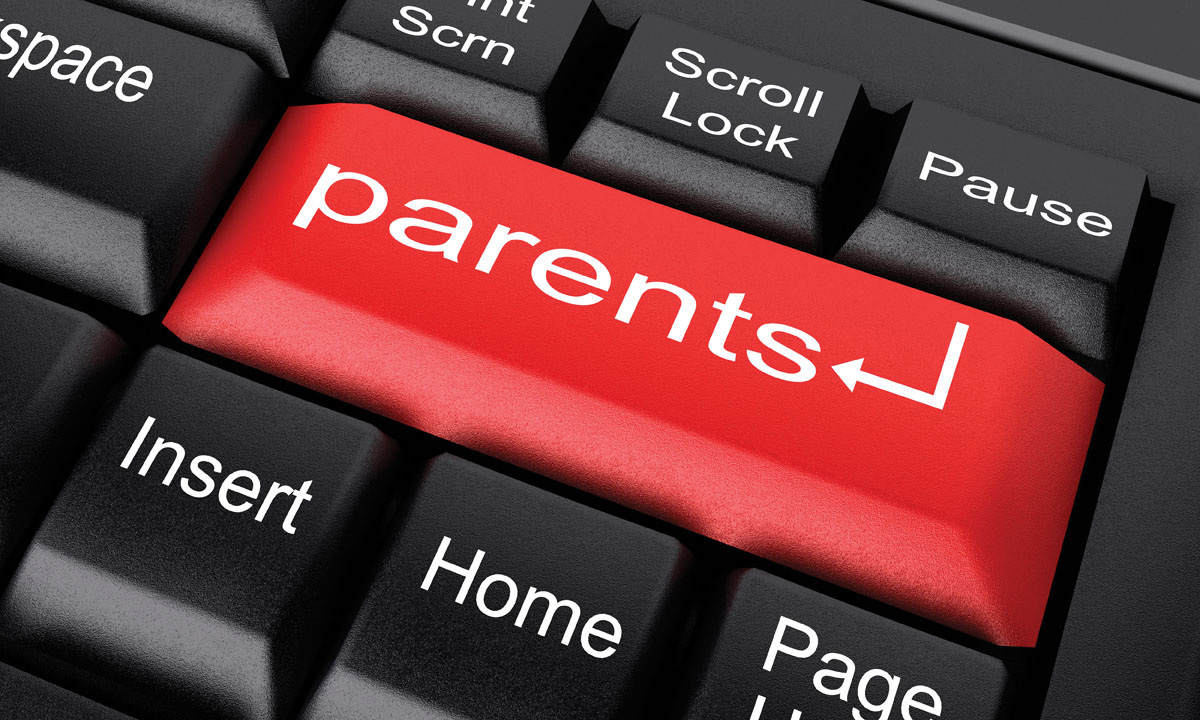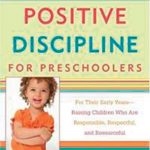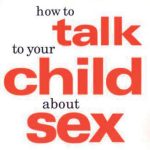 On the surface, computers and smartphones seem to make the modern family more connected than ever before. In reality, most families are spending less quality time together than ever, even when family members are in the same room. Parents tend to complain that their children are “addicted” to their electronic devices, but many moms and dads are equally — if not more — culpable. This “e-isolation” has resulted in higher reported rates of anxiety, and even depression, in children who feel disconnected from, and therefore emotionally unsupported by, their parents and siblings. And we haven’t even touched on the subject of what electronic access to virtually unlimited information is doing to youngsters who have seen and often done more by the time they’re 6 than some people once did at 15.
On the surface, computers and smartphones seem to make the modern family more connected than ever before. In reality, most families are spending less quality time together than ever, even when family members are in the same room. Parents tend to complain that their children are “addicted” to their electronic devices, but many moms and dads are equally — if not more — culpable. This “e-isolation” has resulted in higher reported rates of anxiety, and even depression, in children who feel disconnected from, and therefore emotionally unsupported by, their parents and siblings. And we haven’t even touched on the subject of what electronic access to virtually unlimited information is doing to youngsters who have seen and often done more by the time they’re 6 than some people once did at 15.
The first step, say some experts, is to set “no cell phone” times. “Tell your children you love them dearly and show it by spending quality time together,” says Lisette Beraja, Key Biscayne-based LMFT and “Parenting Wizard” at Beraja Counseling Center. “Take trips together as a family, play games or simply be more present. You can start by a simple pillow fight, a tickle in the belly, or by posting a video on YouTube that the whole family can enjoy together.”
 Happily, we live in South Florida, which is one of the best environments in which to power down the e-toys and reconnect. “We are blessed to live in this place of such natural beauty,” advises modern Psychoanalyst/Psychotherapist Robin Raina Benjamin PsyA, LCSW. “Enjoy all the outdoor activities you possibly can, eat good food and talk whenever you get a chance. And most importantly, don’t be afraid to laugh or to be silly at times.”
Happily, we live in South Florida, which is one of the best environments in which to power down the e-toys and reconnect. “We are blessed to live in this place of such natural beauty,” advises modern Psychoanalyst/Psychotherapist Robin Raina Benjamin PsyA, LCSW. “Enjoy all the outdoor activities you possibly can, eat good food and talk whenever you get a chance. And most importantly, don’t be afraid to laugh or to be silly at times.”
When it comes to the very young, she advises to give your babies all the love you possibly can. “Everything happens by the age of two, and then the rest is repetition,” she says. “As you help your child become a socialized little person who learns right from wrong, you can disapprove of their behavior, but never the person that he or she is.” It’s the parent’s job is to help their children grow into the best version of themselves, not to have them become merely a reflection of their parents or what those parents wish their children should be.
“In my first training placement as a therapist, I was handed a 6-year-old boy who had been very abused and was isolated and regressed,” reports Benjamin. “He did not speak. I got out paper and crayons and whatever he drew, I drew. Whatever sound he made, I made. He soon got the game and played with me. At the end of a year, he was talking freely and making connections with other children. This was my first lesson in meeting people where they are and entering their world. Therapists need to learn this and so do parents.”
 Moreover, don’t criticize, intimidate, embarrass or compare your children to others, cautions Lisette Beraja. Instead keep the tone positive. “Teach kids to be grateful for what they have,” she says. “Teach them to give to others in need so that they learn that life is not only about the me but the we.” She continues: “If they are toddlers, let them fall and be available to help them slowly get up,” she encourages. “If they are teenagers, don’t let them go so freely thinking they need to become totally independent. Stay nearby and at the same time let them explore — knowing that if they need your guidance, they can always count on you.”
Moreover, don’t criticize, intimidate, embarrass or compare your children to others, cautions Lisette Beraja. Instead keep the tone positive. “Teach kids to be grateful for what they have,” she says. “Teach them to give to others in need so that they learn that life is not only about the me but the we.” She continues: “If they are toddlers, let them fall and be available to help them slowly get up,” she encourages. “If they are teenagers, don’t let them go so freely thinking they need to become totally independent. Stay nearby and at the same time let them explore — knowing that if they need your guidance, they can always count on you.”
Bestselling Author & Licensed Psychiatrist Dr. Foster W. Cline recommends allowing children to make judgment calls without rescuing them (with the exception being dangerous situations): “It’s the difference between saying ‘I’m leaving at a certain time and you have to be ready’…or saying, ‘We’re leaving’ — whether or not you are ready is up to you. It’s an exercise in futility to try to control kids’ behavior.”
Moreover, trust is the foundation of a strong home. Dr. Gregg A. Pizzi, Licensed Psychologist & IMAGO Relationship Therapist cautions: “Don’t lie to your children, no matter how minor or insignificant the issue may seem,” he says. “It teaches them to be dishonest, and they will not trust you. Severe anger and behavioral problems often result when children feel lied to.” There are many ways to address a difficult topic, such as offering a child-modified version of a story, or simply stating you don’t know the answer or cannot talk about it yet. “Children respect and appreciate the truth, and since they´ll feel secure with you, they’ll be more likely to handle things better,” he says.
Additionally, while focusing on being great parents, don’t lose sight of yourself as a couple. “Do whatever you need to do in order to ensure that you’re happy, both as an individual and as a couple, or co-parents,” adds Pizzi. “Your own health and emotional well-being are critical to that of your child. People often mistakenly think that what children don’t know can’t hurt them. Children absorb negative energy and can actually learn to be unhappy if their parents don’t show them how to be happy by example.”
 But avoiding negative energy does not mean avoiding the word “no”…which is in fact a sign of caring. Remember the scheduled “no cell phone” times suggested at the beginning of this article? “The other day someone said to me ‘Sometimes you just want your kids to do it because you told them to’,” shares Jane Nelsen Co-Author of Positive Discipline for Preschoolers. “But how would you respond to that if you had a boss or a husband or wife that wanted you to do things just because they said so, they wanted you to do it now without asking any questions? One of the keys is to be respectful, kind and firm at the same time.”
But avoiding negative energy does not mean avoiding the word “no”…which is in fact a sign of caring. Remember the scheduled “no cell phone” times suggested at the beginning of this article? “The other day someone said to me ‘Sometimes you just want your kids to do it because you told them to’,” shares Jane Nelsen Co-Author of Positive Discipline for Preschoolers. “But how would you respond to that if you had a boss or a husband or wife that wanted you to do things just because they said so, they wanted you to do it now without asking any questions? One of the keys is to be respectful, kind and firm at the same time.”
Love and respect should be the backbone of all family dealings. One of the best presents a modern parent can give is not the latest PlayStation or iPhone but the gift of strong self-worth. And that’s a lesson that will last a lifetime.
Sound E-Advice
Technology can be a modern parent’s best friend. No we don’t mean using the iPad as a babysitter, that would be silly. We mean loading up on some top titles to your e-reader that will help you excel as a parent.
 Secrets Of The Baby Whisperer
Secrets Of The Baby Whisperer
Tracy Hogg is a parent’s ally in e-book form when it comes to navigating the dreaded Terrible Twos. Her H.E.L.P., T.L.C., R&R and other instructional programs simplify this trying time.
 The No-Cry Discipline Solution
The No-Cry Discipline Solution
Imagine a home without whining, tantrums and tears. Elizabeth Pantley won Disney’s iParenting Media Award for her caring yet practical advice on dealing with common behavior problems.
 Positive Discipline for Preschoolers
Positive Discipline for Preschoolers
The smiling child on the cover of this book gives hope. Inside, Jane Nelsen, Rosyln Duffy & Cheryl Erwin tackle serious issues including repeated lying, outright rebellion and power struggles.
 Building Moral Intelligence
Building Moral Intelligence
Subtitled “The Seven Essential Virtues That Teach Kids To Do The Right Thing”, Michelle Borba offers cutting-edge advice on teaching virtue, character and values to young people all over the world.
 Taming The Spirited Child
Taming The Spirited Child
Dr. Michael Popkin guides parents through raising children with ADD, bipolar disorder, hyperactivity and learning disabilities with methods for controlling misbehavior without breaking the child’s spirit.
 Talk To Your Child About Sex
Talk To Your Child About Sex
Linda & Richard Eyre offer their tested strategies to make this dreaded task easier and more effective with the goal of giving children a healthy outlook on sex, love, commitment and everything in between.
 Parenting Teens With Love & Logic
Parenting Teens With Love & Logic
Dr. Foster Cline guides parents through the minefield that is the teen years covering such contemporary topics as divorce, ADD, addictions, sex and other potentially touchy subject matter for kids.











